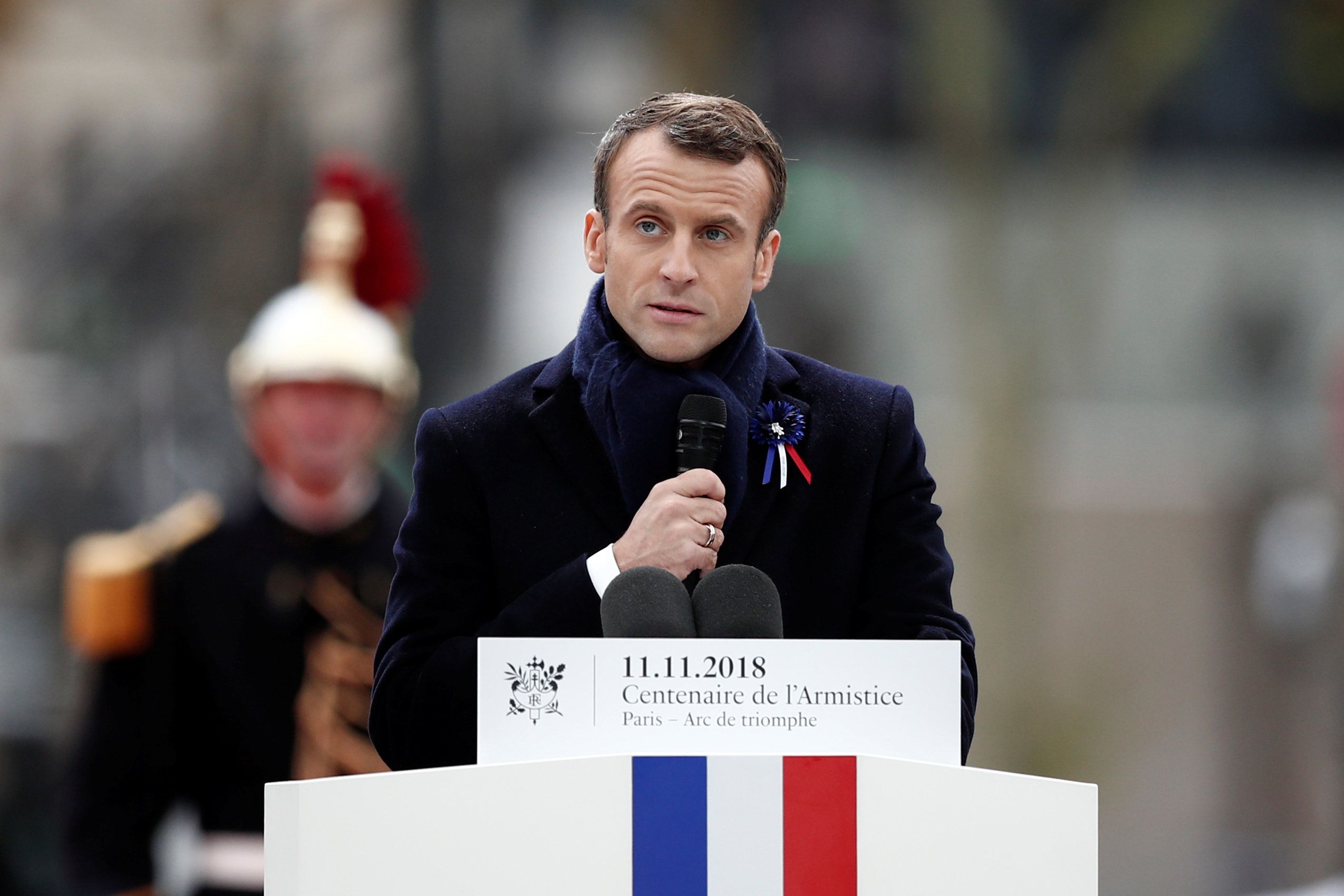World leaders gathered under gray, rainy skies in Paris this the weekend to commemorate the end of World War I. Many of those in attendance framed their observations about that history in ways that reveal something important about what makes them tick today.
Here is Gabe with a few statements that stood out to us:
“Patriotism is exactly the opposite of nationalism.” – In the highest profile speech of the celebrations, French President Emmanuel Macron delivered adirect rebuke to the nationalism espoused by President Trump and his admirers in Central and Southern Europe. For Macron, who envisions a Europe ever more deeply integrated, the resurgence of nationalism today recalls the dangers that stalked Europe after 1918. He’s fashioned himself as the antidote.
“It is our duty to preserve the civilization they defended.” – After a high-profile absence one day earlier, President Trump praised US veterans on Sunday in a speech that mentioned America’s allies but largely focused on the American soldiers lost during the conflict. The mention of “civilization,” a phrase that’s featured prominently in previous speeches of the US president, paints a picture of a world the remains divided into different camps today on the basis of history.
"It is not possible to claim that the conflict is over." – For Turkish President Erdogan, who was also present in Paris, the ongoing instability in the Middle East is a product of the flawed peace brokered after WWI, in which Western powers carved up the region in unsustainable ways. The lesson Erdogan draws from World War I: the West must stop interfering in Turkey and the Middle East.
“Yet our soldiers fought world over.” – More than 70,000 Indian soldiers died in World War I, pulled by their British colonizers into a conflict a continent away. Indian Prime Minister Narendra Modi commemorated the sacrifice of his countrymen in a “conflict in which India was not directly involved.” His statement and participation in the celebrations in Paris are a reminder of themany non-Europeans who gave their lives in a conflict from which they had little to gain.
